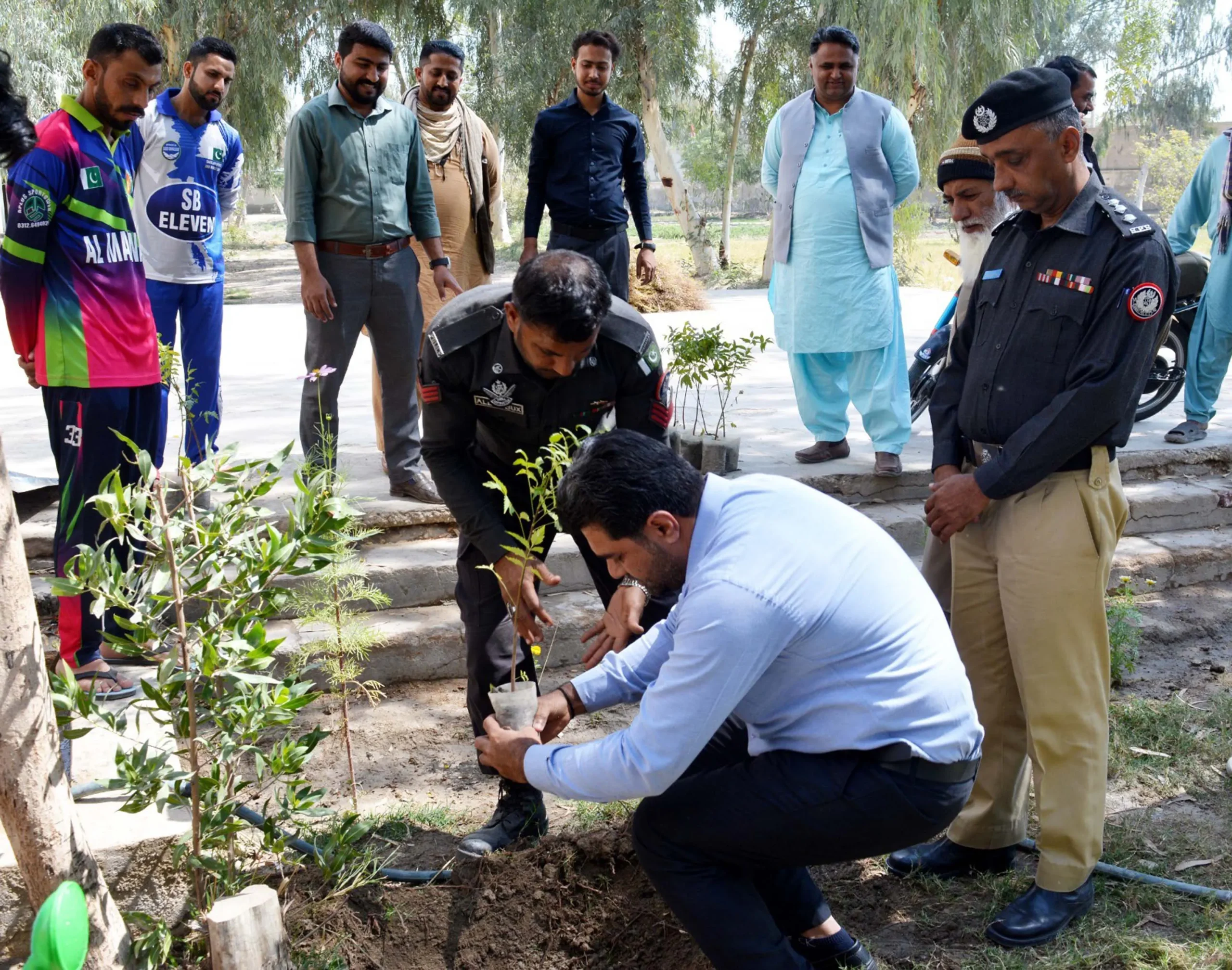Sindh’s Comprehensive Approach to Climate Change
Under the visionary leadership of Bilawal Bhutto Zardari, Sindh has made significant progress in addressing climate change through a wide range of initiatives focused on sustainability, climate resilience, and environmental protection. These efforts are aimed at creating a more sustainable future for the province and its residents.
Climate-Resilient Infrastructure
One of the key initiatives undertaken by the Sindh government is the construction of 2.1 million climate-resilient homes for those affected by floods. These homes are designed to withstand extreme weather events such as catastrophic floods and heatwaves. This infrastructure development is a critical step in ensuring that communities can adapt to the increasing frequency of climate-related disasters.
Environmental Protection Measures
The Sindh Environmental Protection Act of 2014 plays a crucial role in regulating environmental practices within the province. The act provides a legal framework for protecting the environment and promoting sustainable development. Additionally, the Sindh Environmental Protection oversees the implementation of these regulations, ensuring that the province remains a leader in climate protection efforts.
Mangrove Plantation and Carbon Credits
A major achievement in Sindh’s environmental efforts is the planting of over 2 billion mangroves under the Delta Blue Carbon project. This initiative has not only contributed to the restoration of coastal ecosystems but has also earned the province $50 million in carbon credits. The project has also been recognized with three Guinness World Records, highlighting the scale and impact of the mangrove plantation efforts.
The long-term goal is to cover 600,000 hectares with mangroves by 2075. This ambitious target underscores the commitment of the Sindh government to restore and protect vital coastal habitats, which play a crucial role in mitigating the effects of climate change.
Renewable Energy Initiatives
In addition to these environmental projects, the Sindh government has launched a solar energy program that provides free solar kits to 500,000 low-income families across the province. This initiative is helping to reduce the province’s carbon footprint while also providing affordable and sustainable energy solutions to vulnerable communities.
Plastic Ban and Smart Surveillance System
To further combat environmental pollution, the Sindh government has imposed a ban on plastic bags. This measure aims to reduce the amount of non-biodegradable waste that ends up in landfills and water bodies, contributing to environmental degradation.
Additionally, the government plans to introduce a Smart Surveillance System to monitor and reduce environmental pollution. This system will identify vehicles that emit excessive smoke and issue e-challans in coordination with traffic police. By leveraging technology, the Sindh government is taking proactive steps to enforce environmental regulations and improve air quality.
Conclusion
Through a combination of infrastructure development, environmental protection measures, renewable energy initiatives, and innovative surveillance systems, Sindh is setting a strong example in the fight against climate change. These efforts reflect a commitment to sustainability and a vision for a resilient future that benefits both people and the planet.







